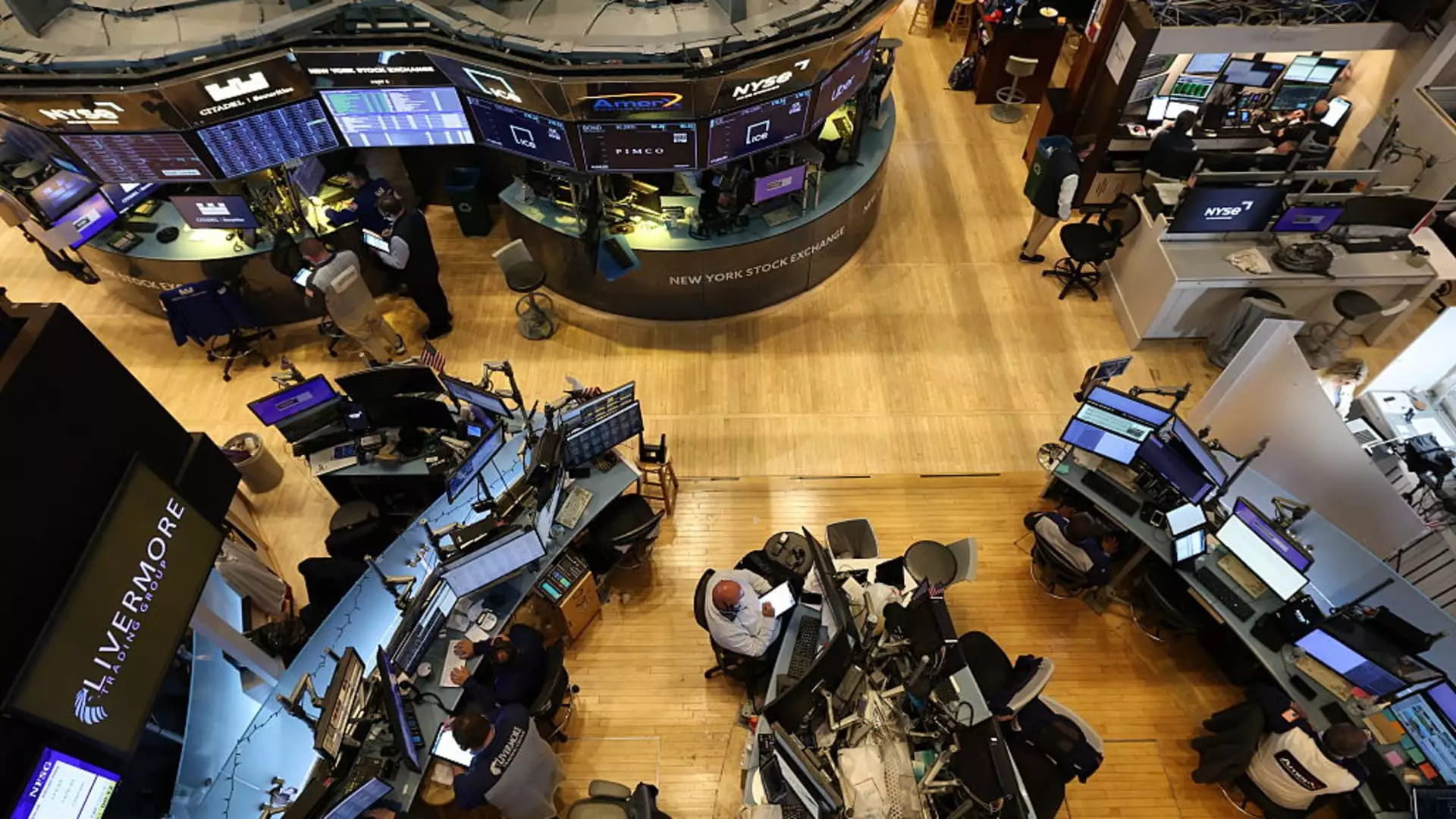In recent days, the tumultuous swings in stock futures reveal a disturbing truth about the fragility of our economic system. Minor shifts—such as the insignificance of a 0.04% rise in Dow futures—mask underlying instability driven by unpredictable policy signals from leadership. The markets remain on edge, suspended between hope for growth and dread of economic disruption caused by aggressive tariff policies. This delicate balance underscores a troubling reliance on short-term tactical moves rather than strategic, sustainable economic planning. Investors are increasingly ambivalent, recognizing that the current climate fosters uncertainty, which can stagnate growth or provoke unnecessary volatility.
The Dangers of Protectionist Policies
President Trump’s latest tariff impositions, ranging from 25% to 40% on a broad set of nations, exemplify a shortsighted approach rooted in protectionism. While policymakers may tout these measures as defending domestic industries, the reality is far bleaker: they risk igniting trade wars that escalate prices, reduce exports, and threaten global supply chains. The announcement of hefty tariffs on nations like Japan and South Korea signals a departure from diplomatic engagement, favoring confrontation over cooperation. The inclusion of sector-specific tariffs, such as a looming 200% levy on pharmaceuticals, reveals a reckless desire to wield economic power without considering the long-term consequences—consequences that could further isolate the U.S. from its trading partners and diminish its global influence.
Economic Sovereignty vs. Global Interdependence
The current policy stance reveals an unsettling disconnect with the realities of a deeply interconnected global economy. Tariffs are often justified as instruments of national sovereignty, yet they undermine the very fabric of international cooperation that fuels innovation, stability, and growth. The decision to impose unilateral duties neglects the mutual dependencies that have characterized modern trade for decades. This approach doesn’t strengthen economic resilience; it jeopardizes it. It’s a dangerous game, risking retaliation, decreased competitiveness, and a potential contraction in both American and global markets. The temporary political gains of wielding tariffs come at the expense of long-term economic health and social well-being.
A Call for Thoughtful Leadership
What is most frustrating about these developments is the apparent absence of a consistent, forward-thinking strategy. Instead of seeking balanced, multilateral solutions, policymakers resort to incendiary measures that threaten to ignite global instability. The markets’ marginal reaction to these tariffs should serve as a warning sign—an indication that the economy’s foundation is far from resilient. As we wait to scrutinize the Federal Reserve’s minutes, it’s clear that clear-headed, pragmatic leadership is desperately needed—leadership that recognizes the destructive potential of economic protectionism and prioritizes collaborative growth over brinkmanship. The current trajectory risks unraveling years of progress, pushing us toward a more uncertain, economically fragile future.



Leave a Reply